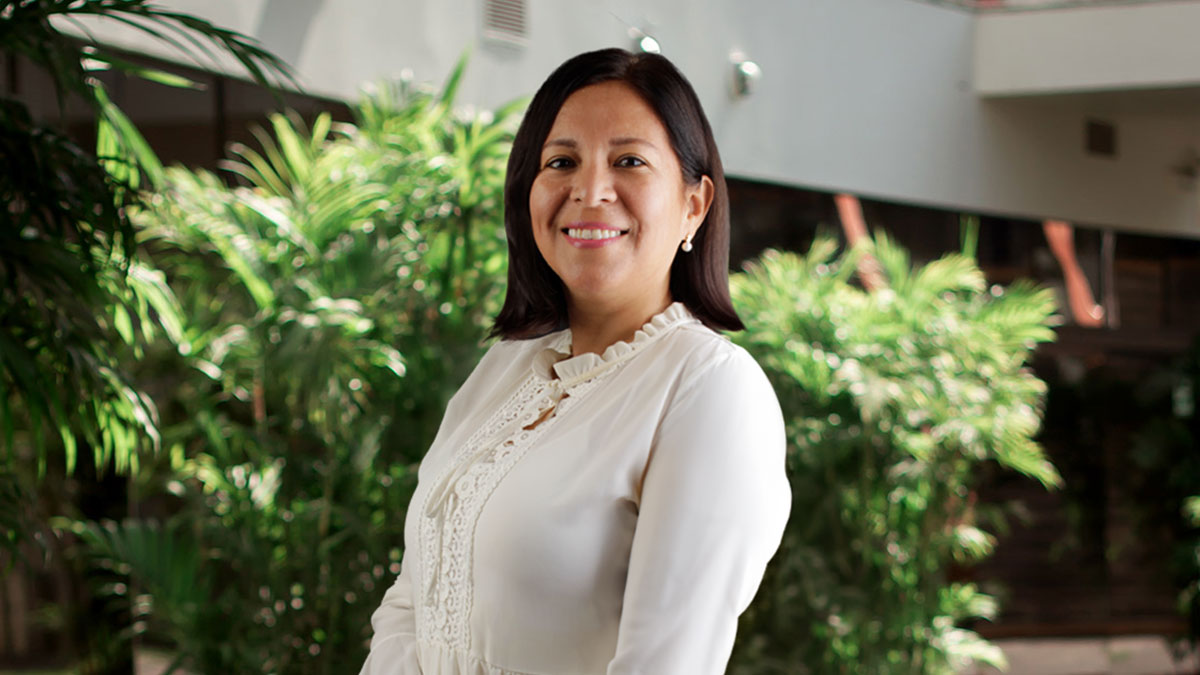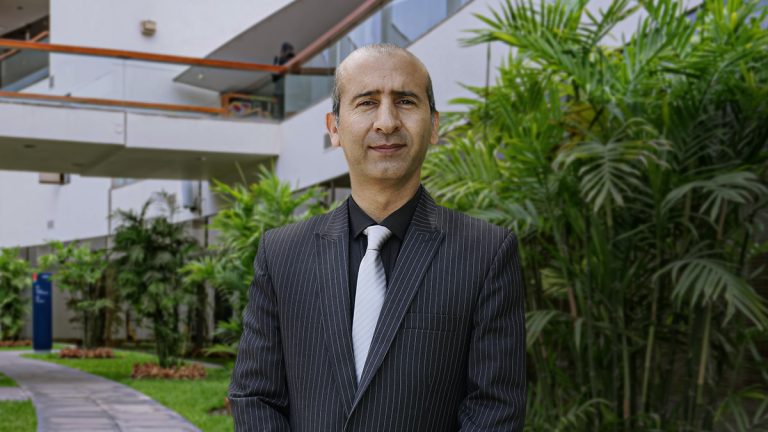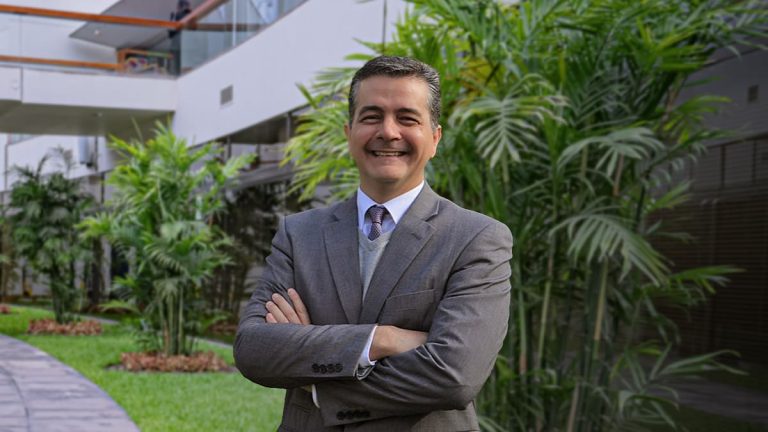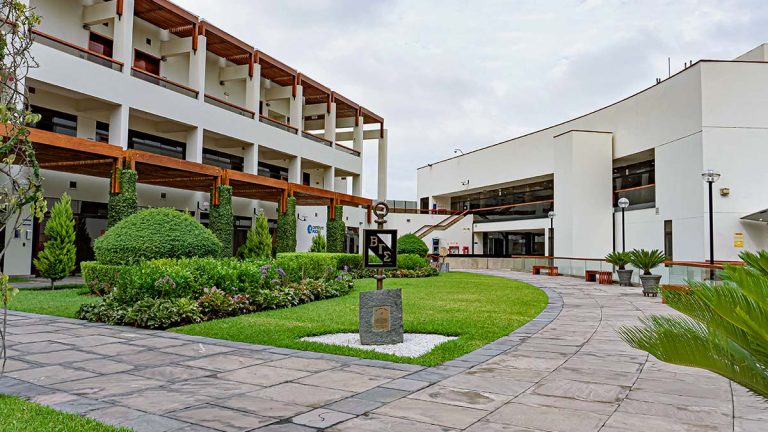Purpose
The study analyzed how the service-learning (SL) methodology can become a university social responsibility (USR) strategy that generates shared value for the university and its stakeholders.
Design / methodology / approach
This qualitative and exploratory–descriptive research had a nonexperimental field and cross-sectional design that used field techniques such as focus groups and in-depth interviews with the participants of the USR program “MIPyME vs COVID-19” in two Latin American countries.
Findings
This study revealed the perceptions of students who participated in the USR program on how a virtual service-learning (vSL) strategy related to the use of technology generates a positive impact on the development of shared learning between students and micro-entrepreneurs from a global and Latin American perspective, as well as for the internationalization of their study plans.
Research limitations / implications
The field study was conducted in only two Latin American countries; however, the USR program has been implemented in eight universities from eight Latin American countries with very similar social, political and health contexts.
Originality / value
It is one of the first studies on SL used in a strategic and articulated way in universities with a USR approach. It analyzed traditional evaluations of this methodology, incorporating others such as virtuality (produced by the effects of the COVID-19), which led the authors to generate methodological innovations based on new ways of connecting, linking and generating shared learning and value for all.
Referencia
Ramirez Lozano, J.P., Bridshaw Araya, L. and Peñaflor Guerra, R. (2023), «The evolution of the service-learning methodology as a university social responsibility strategy that generates shared value: a Latin American experience», Higher Education, Skills and Work-Based Learning, Vol. ahead-of-print No. ahead-of-print.



